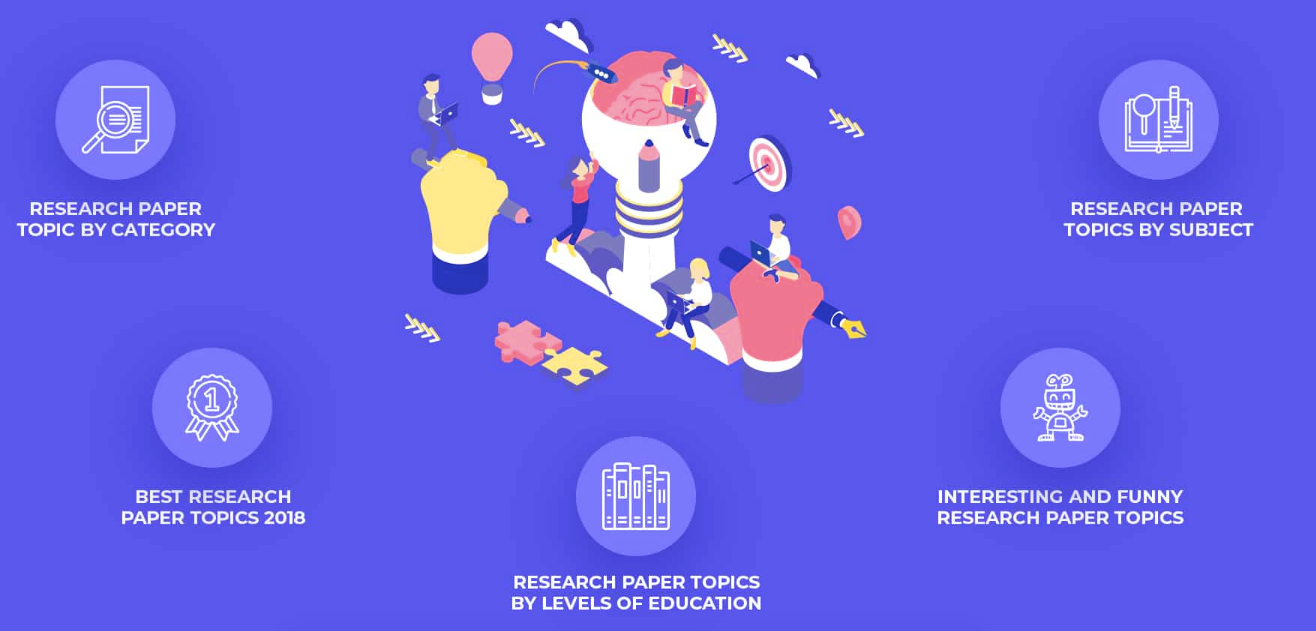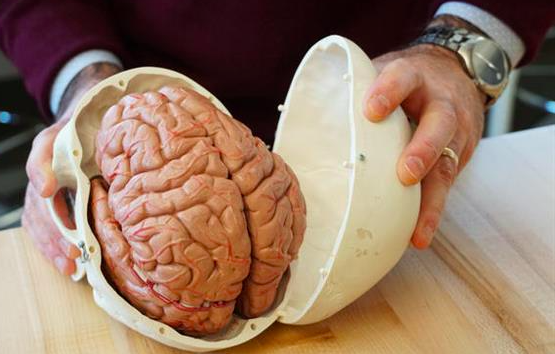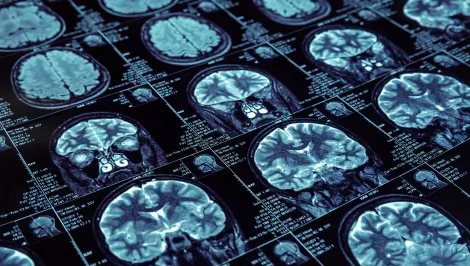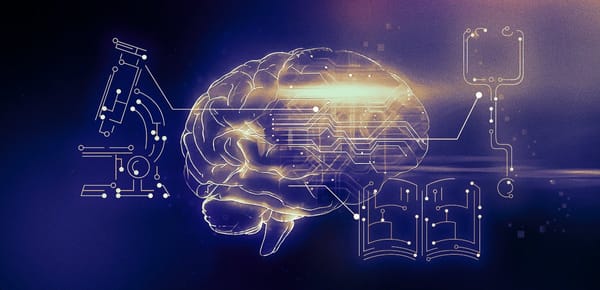Research Topics for Students
When it comes to pursuing higher education, engaging in research plays a crucial role in developing critical thinking, problem-solving, and analytical skills. Research projects provide students with an opportunity to explore a subject in-depth, contribute to existing knowledge, and make a meaningful

Introduction
When it comes to pursuing higher education, engaging in research plays a crucial role in developing critical thinking, problem-solving, and analytical skills. Research projects provide students with an opportunity to explore a subject in-depth, contribute to existing knowledge, and make a meaningful impact in their chosen field. However, choosing the right research topic can be a challenging task. This article aims to provide students with a diverse range of research topics across various disciplines to inspire and guide them in their academic journey.
Social Sciences
1. The Impact of Social Media on Mental Health
Examine the effects of social media usage on mental health, including its influence on self-esteem, body image, and overall well-being. Explore potential interventions and strategies to promote positive mental health in the age of social media.
2. Gender Equality in the Workplace
Investigate the factors contributing to gender inequality in various industries and workplaces. Analyze policies, organizational cultures, and societal attitudes that hinder gender equality. Propose strategies to promote a more inclusive and equitable work environment.
3. The Relationship between Poverty and Education
Explore the complex relationship between poverty and education, examining how socioeconomic factors impact access to quality education. Investigate the effectiveness of intervention programs and policies aimed at addressing educational disparities among disadvantaged populations.

Natural Sciences
1. The Role of Microorganisms in Climate Change
Investigate the influence of microorganisms on climate change, focusing on their role in carbon sequestration, greenhouse gas emissions, and ecosystem dynamics. Assess the potential applications of microbial-based solutions for mitigating climate change.
2. Developing Sustainable Energy Sources
Examine renewable energy technologies such as solar, wind, hydro, and geothermal power. Compare their efficiency, environmental impact, and economic feasibility. Analyze potential advancements and challenges in transitioning to a more sustainable energy future.
3. Understanding the Human brain through Neuroimaging


Explore the applications of neuroimaging techniques, such as fMRI and EEG, in studying the human brain. Investigate how these tools can contribute to our understanding of cognition, emotions, and neurological disorders. Discuss potential ethical implications and future directions in neuroimaging research.
Humanities
1. Depiction of Cultural Identity in Literature
Analyze how cultural identity is represented and portrayed in literature, focusing on works from diverse regions or marginalized communities. Investigate the ways in which literature contributes to shaping cultural narratives and fostering cross-cultural understanding.
2. Historical Analysis of Political Movements
Choose a specific political movement or revolution and conduct a historical analysis of its causes, impact, and long-term consequences. Explore the social, economic, and ideological factors that fueled the movement and assess its relevance to contemporary society.
3. Visual Arts as a Medium for Social Commentary

Examine how visual artists use their craft to comment on social, political, and environmental issues. Analyze specific artworks and their significance in challenging established norms, raising awareness, and promoting change. Discuss the role of art in shaping public discourse.
Engineering and Technology
1. Autonomous Vehicles: Challenges and Opportunities
Investigate the technical, ethical, and legal challenges associated with autonomous vehicles. Analyze the potential benefits in terms of road safety, traffic efficiency, and environmental impact. Discuss the necessary infrastructure and policies to support the widespread adoption of autonomous vehicles.
2. Blockchain Technology: Applications and Implications
Explore the potential applications of blockchain technology beyond cryptocurrencies. Investigate how blockchain can revolutionize industries such as supply chain management, healthcare, finance, and voting systems. Analyze the advantages, challenges, and ethical considerations associated with the widespread implementation of blockchain solutions.
3. Cybersecurity and Data Privacy in the Digital Age

Examine the evolving landscape of cybersecurity threats and data privacy issues in the digital age. Investigate emerging technologies and strategies for safeguarding sensitive information and protecting against cyberattacks. Discuss the ethical implications of data collection and the balance between privacy and innovation.
Health Sciences
1. The Impact of Nutrition on Chronic Diseases
Investigate the relationship between nutrition and chronic diseases such as obesity, diabetes, cardiovascular diseases, and cancer. Analyze dietary patterns, micronutrient deficiencies, and lifestyle factors that contribute to disease development. Explore preventive strategies and interventions through nutrition education and public health initiatives.
2. Mental Health Stigma and Access to Care

Examine the social stigma surrounding mental health and its impact on individuals seeking treatment. Investigate barriers to accessing mental health care, including socioeconomic factors, cultural beliefs, and healthcare policies. Propose interventions to reduce stigma and improve mental health services' availability and affordability.
3. Emerging Infectious Diseases and Global Health
Explore the emergence and spread of infectious diseases such as Ebola, Zika, or COVID-19. Investigate factors contributing to their transmission, including globalization, climate change, and ecological disruptions. Analyze public health responses and strategies for prevention, preparedness, and response to future epidemics.
Business and Economics
1. Impact of E-commerce on Traditional Retail
Examine the influence of e-commerce on traditional brick-and-mortar retail businesses. Analyze consumer behavior, market trends, and the challenges faced by traditional retailers in the digital era. Discuss strategies for businesses to adapt and thrive in the evolving retail landscape.
2. Sustainable Business Practices and Corporate Social Responsibility

Investigate the adoption of sustainable business practices and corporate social responsibility (CSR) initiatives by organizations. Analyze the economic, social, and environmental impacts of CSR and its influence on consumer behavior and brand reputation. Evaluate the effectiveness of different CSR strategies and their implications for long-term business sustainability.
3. Financial Inclusion and Access to Banking Services
Explore the barriers to financial inclusion faced by underserved populations in developed and developing countries. Investigate the role of technology, regulatory frameworks, and microfinance initiatives in expanding access to banking services. Analyze the economic and social impact of financial inclusion and propose strategies to bridge the financial gap.
Conclusion
Selecting a research topic is a crucial step in any student's academic journey. The topics presented across various disciplines in this article are intended to inspire students and provide a starting point for their research endeavors. It is essential to choose a topic that aligns with your interests, goals, and the resources available to you. Remember to conduct thorough literature reviews, consult with mentors and advisors, and refine your research question to ensure a meaningful and impactful investigation. Embark on your research journey with curiosity, passion, and a commitment to expanding knowledge in your chosen field.




